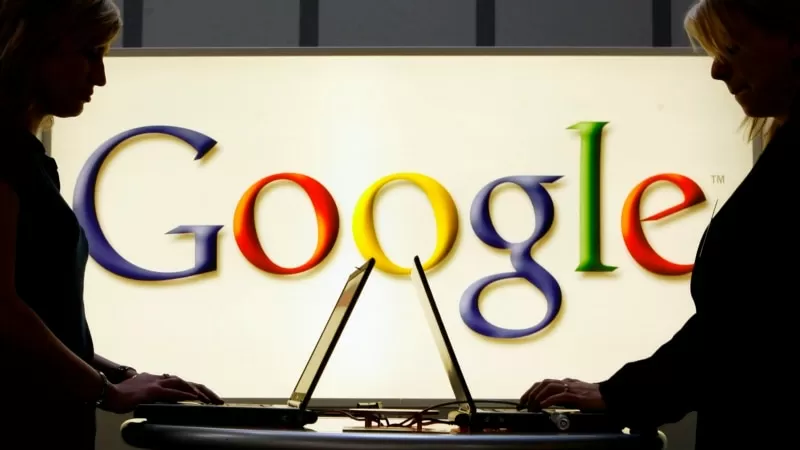London – Google’s long-standing legal battle with the European Union has finally come to an end. On Tuesday, the tech giant lost its final appeal against a $2.7 billion penalty for giving its own shopping recommendations an unfair advantage over its rivals in search results.
The European Union’s Court of Justice upheld the decision of the lower court, dismissing Google’s appeal and affirming the European Commission’s fine. This marks the end of a lengthy antitrust case that has been ongoing for several years.
In 2017, the European Commission, the 27-nation bloc’s top antitrust enforcer, imposed a hefty penalty on Google for directing visitors to its own shopping service, Google Shopping, at the expense of its competitors. This was one of three multibillion-dollar fines that the commission had imposed on Google in the past decade, as it began cracking down on the tech industry.
The Court of Justice stated in a press release that “By today’s judgment, the Court of Justice dismisses the appeal and thus upholds the judgment of the General Court.” This decision highlights the European Union’s commitment to enforcing fair competition in the digital market.
Google expressed its disappointment with the court’s decision in a brief statement, stating that it relates to a specific set of facts. The company also mentioned that it had made changes in 2017 to comply with the commission’s decision, which required it to treat its competitors equally. This included holding auctions for shopping search listings, where Google would bid alongside other comparison shopping services.
According to Google, this approach has been successful for over seven years, generating billions of clicks for more than 800 comparison shopping services. However, the company still appealed the decision to the courts. The EU General Court rejected its challenge in 2021, and the Court of Justice’s adviser later recommended rejecting the appeal.
The court’s decision was welcomed by European consumer group BEUC, who stated that it demonstrates the relevance of the bloc’s competition law in digital markets. BEUC’s director general, Agustín Reyna, said, “Google has harmed millions of European consumers by ensuring that rival comparison shopping services were virtually invisible.” He added that Google’s illegal practices prevented consumers from accessing potentially cheaper prices and useful product information from other comparison shopping services, ranging from clothes to washing machines.
This ruling is a significant victory for fair competition in the digital market. It sends a strong message to tech giants that they cannot use their dominant market position to unfairly promote their own services and hinder their competitors. The European Union’s strict antitrust laws serve to protect consumers and promote fair competition, ensuring a level playing field for all businesses.
This decision also highlights the importance of transparency and accountability in the tech industry. As more and more of our daily activities move online, it is crucial to have regulations in place to prevent any abuse of power by tech companies. The European Union’s actions demonstrate its commitment to ensuring a fair and competitive digital market for the benefit of consumers.
Google’s defeat in this case is a victory for consumers and businesses alike. It sets a precedent for other tech companies to follow, promoting fair competition and innovation in the digital market. This decision also serves as a reminder that no company is above the law, regardless of its size or influence.
In conclusion, the European Union’s Court of Justice’s decision to uphold the penalty against Google is a significant step towards promoting fair competition in the digital market. It sends a clear message that the European Union will not tolerate any anti-competitive behavior, and will take necessary action to protect consumers and promote fair competition. This ruling serves as a reminder that the tech industry must operate within the boundaries of the law, and that the European Union will continue to enforce its strict antitrust laws to ensure a fair and competitive market for all.


